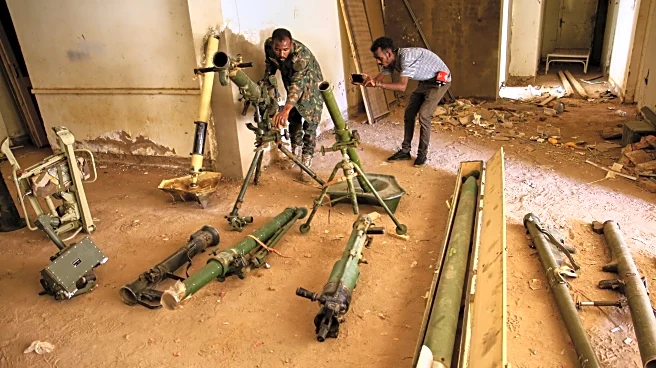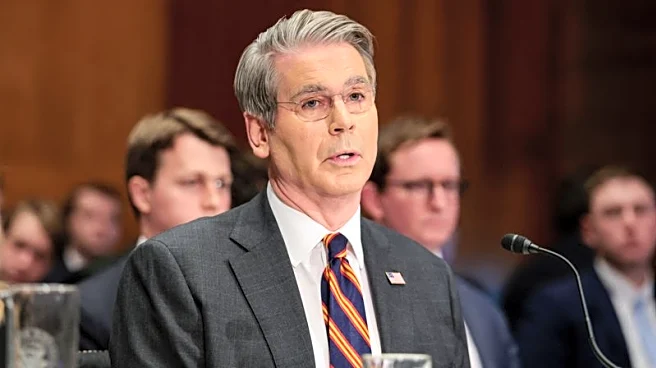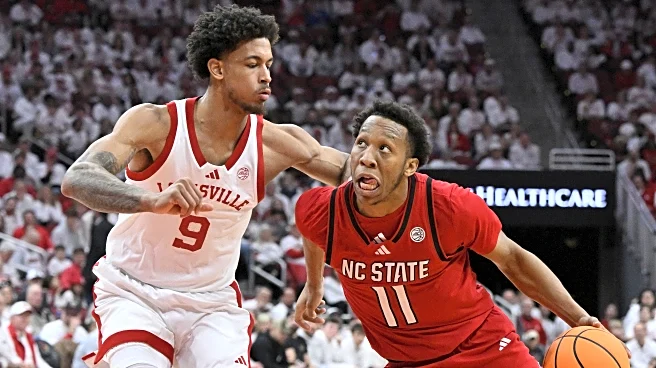CAIRO (AP) — Sudan's brutal two-year war has entered a new, dangerous phase.
The paramilitary Rapid Support Forces this week seized control of the entire Darfur region, after ousting the rival Sudanese
army from its last stronghold there. The fighting for control of Sudan has killed over 40,000 people and created the world’s worst humanitarian crisis with over 14 million displaced.
The capture of el-Fasher, the provincial capital of North Darfur, by the powerful Arab-led force raises fears that Africa's third-largest nation may split again, nearly 15 years after the oil-rich South Sudan gained independence following years of civil war.
The RSF is led by Gen. Mohammed Hamdan Dagalo, a commander who had briefly ruled Sudan alongside his military rival, and whose meteoric rise to power has shaped Sudanese politics for the past decade.
The RSF was formed in 2013, growing out of the Janjaweed militia that fought in Darfur since the early 2000s in a ruthless campaign against the region’s non-Arab tribes and rebels.
Sudan’s former President Omar al-Bashir was indicted by the International Criminal Court for war crimes and genocide in Darfur in 2009. Some 300,000 people were killed and 2.7 million were driven from their homes.
The RSF was founded initially as an attempt to instill discipline among Arab militias that were accused of ethnically motivated violence, abuse and rape in Darfur and other regions.
A native of Darfur, Dagalo hails from an Arab camel-trading tribe. He was handpicked by al-Bashir to lead the RSF on a series of counterinsurgency campaigns against the largely non-Arab rebels in Darfur and other restive provinces.
Dagalo, better known as Hemedti, drew on his family’s vast livestock and gold mining operations in Darfur to expand his support among the local Arab militias. At the time, he commanded an estimated 10,000 fighters.
But the force also gained notoriety in 2014 and 2015. Rights groups have accused it of forcibly displacing entire communities, torture, extrajudicial killings, mass rapes and plunder.
The former Biden administration accused the RSF of genocide and imposed sanctions on Dagalo, his family and associated businesses.
Dagalo has since expanded his powerful militia and financial network. His fighters were sent to fight in Yemen, as part of a Saudi-led coalition, and in Libya, with support from the United Arab Emirates. The RSF also protected the country's borders from illegal migration to Europe in a controversial deal between the European Union and a bloc of African countries. The EU said it did not directly pay the RSF.
Dagalo's gold mining operations thrived, making it a key source of income for his powerful group as well as Sudan’s biggest export after the secession of oil-rich South Sudan in 2011.
Since the overthrow of al-Bashir in 2019, Dagalo emerged as the country’s main power broker, playing key roles in a brief transitional government and a subsequent military coup that led to a power struggle that still pits him against the country’s army chief, Gen. Abdel-Fattah Burhan.
Sudan’s army accused the UAE of sending foreign fighters to prop the RSF, and has filed a case against the oil-rich Gulf nation in the International Court of Justice for breaching the Genocide Convention by supporting the paramilitary.
The UAE denied the charges, calling the court case a publicity stunt.
The army also accused Libya’s strongman Khalifa Haftar of sending weapons and fighters to the RSF.
Both Dagalo and Haftar are backed by powerful neighbors in a war marked by momentous shifts. And both stand accused of abuses that displaced millions in a war marked by widespread use of sexual violence and indiscriminate fighting in civilian areas that caused starvation and famine in parts of Sudan.
The RSF had fought the Sudanese army in Khartoum and controlled the capital for two years, before retreating early this year after a devastating battle that left it in ruins.
The paramilitary regrouped in Darfur and made new local alliances that strengthened its hold over parts of neighboring Kordofan region. This year, RSF was once again able to carry out attacks, including drone strikes, on Khartoum and eastern Sudan, where the army commander is based.
Fighting the war appears to be a matter of survival for both the RSF leader and the army commander. The two dug in their heels and sought support from regional allies, while replenishing their forces with foreign fighters and weapons, including drones from Turkey, China, Iran and Russia.
Dagalo has appealed to some, including powerful Gulf states, as an ally against the Islamic movement that underpinned Sudan’s government, even though his forces were accused of a brutal crackdown on a pro-democracy protest camp in 2019.
He is estimated to command a force of over 100,000 fighters. Their incorporation into Sudan’s armed forces is believed to be among the main triggers of the power struggle between him and Burhan.
As Sudan marked two years of its latest war, Dagalo once again made a claim for legitimacy, announcing he is forming a rival government to rule parts of Sudan the RSF control.
With the takeover of el-Fasher on Monday, the RSF has seized control of Darfur, threatening to split the country or expand its military campaign once again toward the country’s center.











